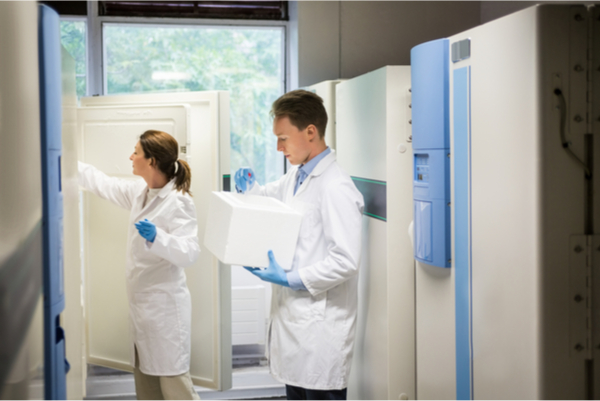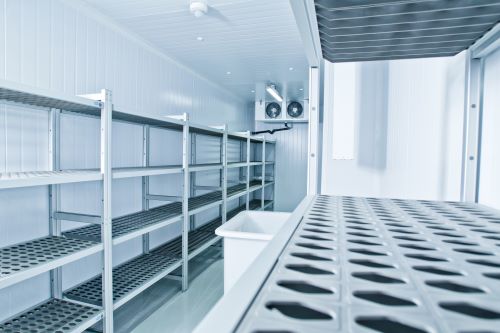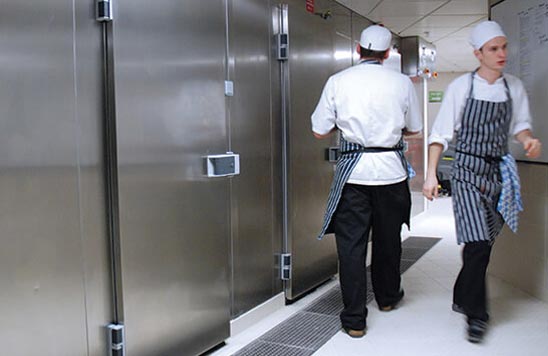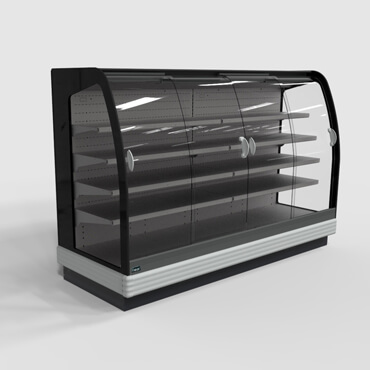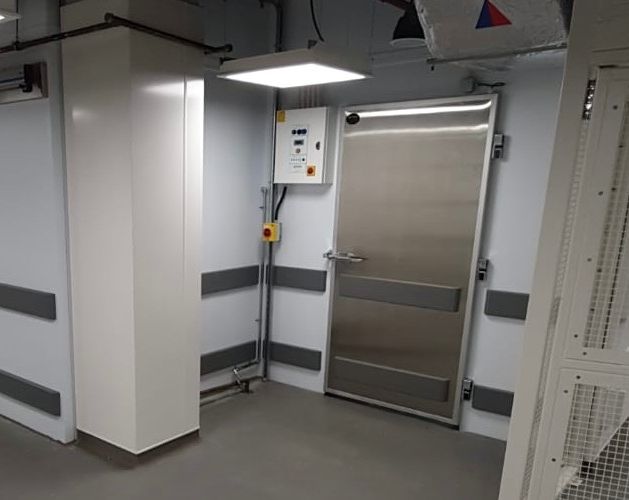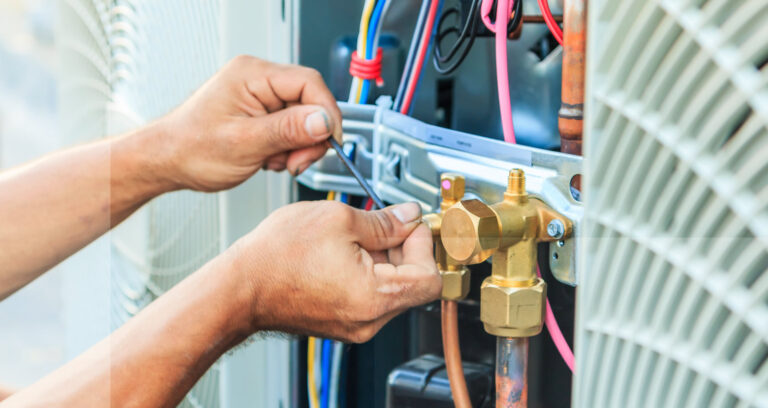Green Cooling
Blog
Green Cooling provides cutting-edge air conditioning and heating systems, designed to maximise energy efficiency and environmental sustainability. Our expert team ensures the correct specification, design, and installation of systems tailored to your unique requirements. From small installations to large-scale facilities, we offer complete, in-house solutions that deliver comfort, reduce energy costs, and safeguard the environment.
Laboratory refrigeration refers to high-precision cooling equipment designed to store sensitive samples, vaccines, medicines, and biological materials at tightly controlled temperatures. These …
Ultra low temperature freezers, also known as minus 80 freezers, are an essential piece of equipment in laboratories and certain medical facilities. …
Commercial Refrigeration is essential for the production, preparation and storage of food. It helps to maintain quality and more importantly, keep food …
Why Is Temperature Control Important in Food Safety? Temperature control plays a vital role in food production and preparation, not only in …
Do you own a bar, restaurant, cafe or store that sells food & beverages? If so, you’ll need an elegant & efficient …
Panasonic UK has selected specialist and experienced refrigeration company Green Cooling as one of its launch UK distributors to bring its range …
Many questions arise when considering a cold room installation. You might be wondering – do I really need a walk-in refrigerator or freezer? Are they more efficient than single refrigeration units? Is my enterprise large enough to warrant a full install?To help clear these issues up, let’s take a look at the implications of installing a cold room at your facility!
French president Emmanuel Macron has announced plans to ban all petrol and diesel vehicles by 2040 as part of France’s commitment to the Paris Accord.The French Minister of Ecological and Social Transition, Nicolas Hulot, said that France will also not allow ‘any new project to use petrol, gas or coal’ in the same timeframe.Prior to his life in politics, Hulot was a famous wildlife TV presenter. Both Hulot and Macron have wasted no time in strengthening France’s stance on climate change. Their stance can be seen as a strong counter to US President Donald Trump’s abandonment of the Paris Agreement.
HFCs (Hydro-Fluoro-Carbons) are commonly used in a variety of applications including air conditioning, fire protection, refrigeration and much more. They were first introduced to the manufacturing sector after the 1992 ban of CFCs (Chloro-Fluoro-Carbons) by the Montreal Protocol.CFCs were banned due to the ozone layer damaged they caused.Nowadays, many companies in the USA and across the world market HFCs as ‘environmentally-friendly’ due to their negligible contribution to ozone layer depletion. However, these gases are anything but eco-friendly; all F-gases are contributors to climate change.
Since the 19th Century, ammonia has displaced CO2 as the premier industrial refrigerant around the world. That looks set to change after a new survey of over 1000 individuals involved in commercial and industrial refrigeration revealed some interesting results.An article from Cooling Post points out that 82% of OEMs and 91% of consultants surveyed saw CO2 as ‘a viable mainstream refrigeration technology’ moving onwards into and past the 2010's.These are encouraging signs for a technology that was once replaced by ammonia in all but a few specific industrial applications.Although this study was conducted in the US, there’s good evidence to suggest that Europe will follow suit: European supermarkets alone installed 6000 CO2 systems in 2016.
Green Cooling's manufacturing partner Enex is at the forefront of CO2 refrigeration developments, working with Danfoss to produce the highest levels of operational efficiency with CO2 Multi Ejector technology.Click here to view the PDF for more information.
In 2016, the refrigeration and air conditioning industry will see many new opportunities. These will include the chance for HVACR suppliers and users to dramatically lower costs through energy efficiency and emission reductions.Australia in particular will have the opportunity to reduce HVACR service costs by adopting new policies. By doing this, they could save $10billion per year and reduce the country's emissions by a minimum of 6%.

